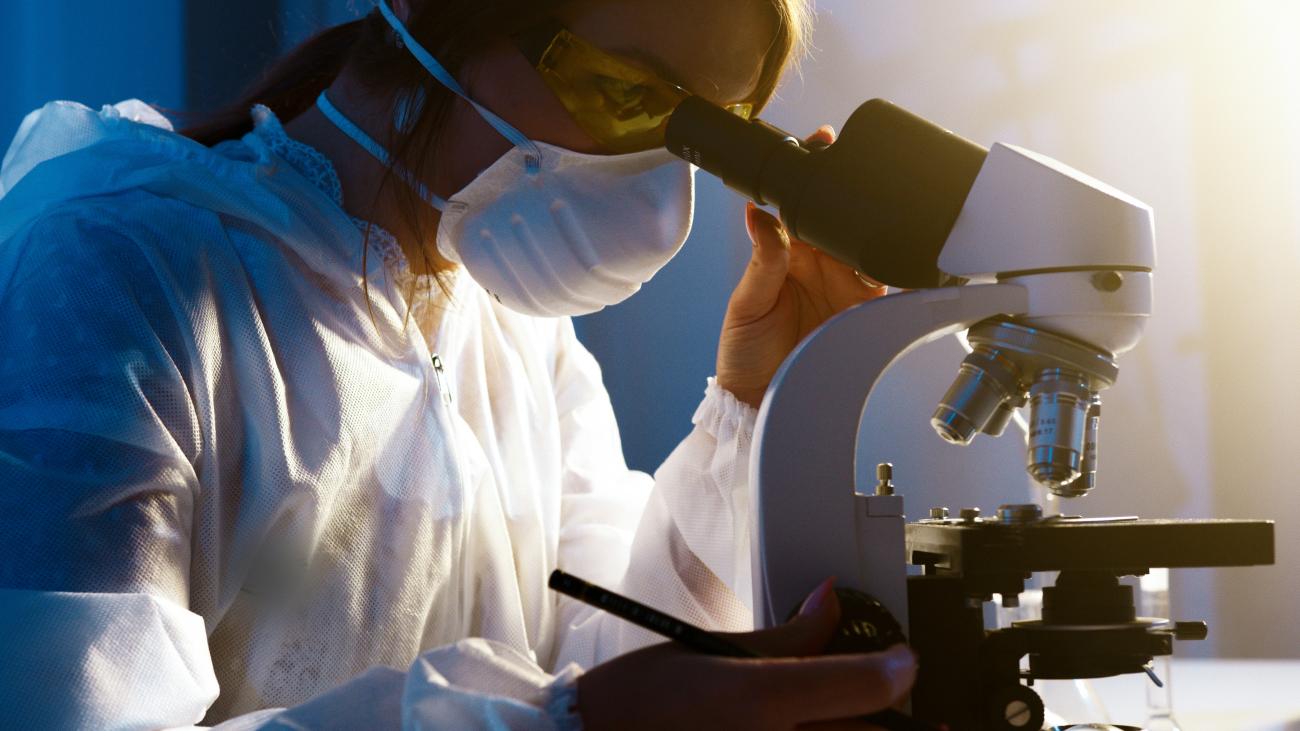Database providing access to the High Technology Network's industrial research offering: research competences, type of analyses and tests available at the Laboratories. Companies can consult the Catalogue to find Laboratories and researchers that match their needs.
Competence
Acoustics and vibration measurements
Analysis and research on post sterilization technologies for containers
Biomarker identification to assess the effects of bioactive components in humans
Characterization of products of microbial origin: biomass, metabolites, natural antibiotics. Conversion and transformation processes of food an by-products
Combined stabilization strategies to enhance shelf-life and food safety
Conceptual development of machines and plants with QFD (Quality Function Deployment)
Design and virtual optimization with Computer Aided Engineering (CAE) tools and simulation of discrete events
Effects of industrial processes on the nutritional qualities of foods
Effects of packaging on the evolution of food microbial population
Efficiency and yield verification
Energy saving and lowering of environment impact of machines and plants for food production
Evaluation of dietary habits of the population in order to identify risk behaviours and prevention strategies
Evaluation of the interactions between food matrix and bioactive components
Evaluation of the organoleptic characteristics of food bioactive components and related food
Evaluation of the physical, chemical, and microbial characteristics of products
Experimental trials for new materials, making technology and plant design in order to cut investment, management, maintenance of machines and plants for the food industry
Extraction of bioactive components from food waste (polyphenols, omega3 and omega6 fatty acids)
Fluidodinamic simulation of components and circuit
Functional compounds characterization from raw materials, ingredients, food and food industry left-overs
Heat exchange coefficient evaluation
Human studies for the validation of nutritional/health claims (including analysis of biological samples and statistical analysis of the results)
Innovative strategies for microbial control: the use of natural antimicrobials and thermal treatments
Interaction between food microorganisms and gut microbiota
Marker identification for the instrumental detection of desired or undesired microflora: set up of markers or indicators
Market survey and consumer trends towards functional foods
Mathematical modelling for product/process optimization
Mechanical testing on construction materials
Microbial analysis, challenge tests, instrumental analyses
Microbial response to environmental stress: optimization of microbial performance
Microbial strain selection for food production: enzymatic, physiological, and genetic characterization
Microbial strain selection: technological characterization
Microbiological activity in food: risk analysis
Modulation of microbial growth and shelf-life evaluation as a function of formulation and storage condition
Molecular analyses for the identification of pathogens and spoilage microorganisms and the evaluation of their impact on final product,
Monitoring and predictive meintenance based on acoustic and vibration sensors, thermography, olography, ultrasound
Noise reduction
Optimization of logistical flows, interoperational buffer and stoking areas, managing policy of the logistic productive system
Optimization of raw material selection for food processing/products
Optimization of traditional stabilizing treatment to improve food quality
Otpimization of fermentation conditions: traceability and authenticity of typical or brand fermented food products
